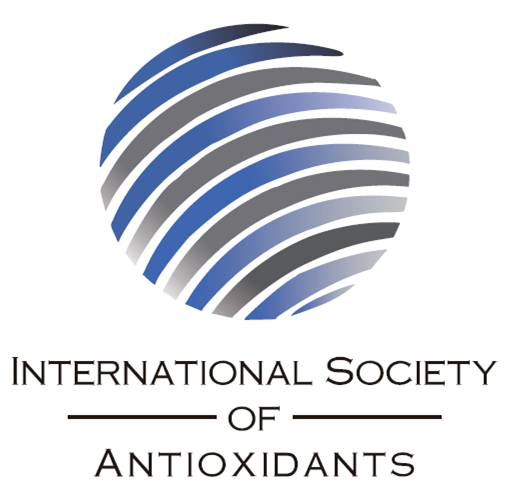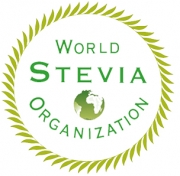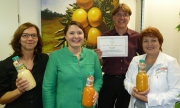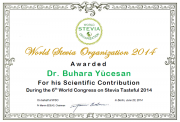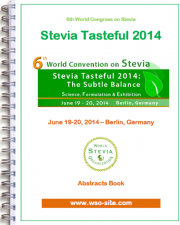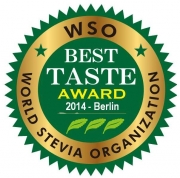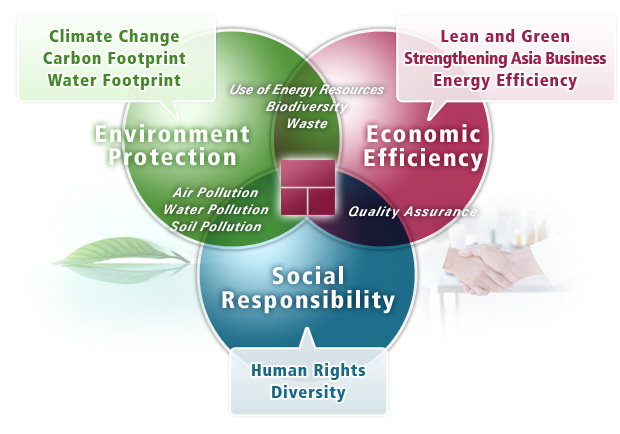
Sustainability is now a worldwide challenge. Protecting Nature and Human Being have to be deeply linked to Economy efficiency. The World Stevia Organisation, by promoting Stevia use around the world is deeply involved in Sustainability.
Stevia , a key part of Sustainability
Environment Footprint
Stevia is produced without Genetically Modified Organisms. It is a worthwhile addition to viable crops grown with sustainable practices.One hectare of stevia produces approximately 300kg of stevia or equivalent to 90 MT of sugar equivalent sweetening.
The plant is economically viable in subsistence-level communities without the resources to purchase insecticides and herbicides. In many cases the mulch from production can be used as organic fertilizer or nutrition animal feed. It is suitable for intercropping and crop rotation and can produce up to six harvests yearly.
Source: da Rosa, A, Fundamentals of Renewable Energy Processes, 2005, Elsevier, ISBN 978-0-12-088510-7, pp. 501-502
Environemental Dimension
Stevia offers several environmental dimensions:
- Stevia glycosides can be extracted using only purified water in a revolutionary new filtration process; a clear advantage in product purity. The naturally occurring glycosides result in a clean, desirable taste profile.
- ...
Respect of Human Being
The Respect of Human Being is also a key part of Sustainability and WSO is proud to support it.
Producers side
Stevia can also solve much of the poverty of the farmers in third world countries by giving them a cash crop to grow, and even improving the productivity of their soil and the quality of their other crops.
Consumer side
The media and genuine manufacturer interest have rightly framed Stevia as the promised sweetener that can help resolve many of the world's sweetener, obesity and diabetes concerns.
To read more about WSO and Sustainability, please click here














